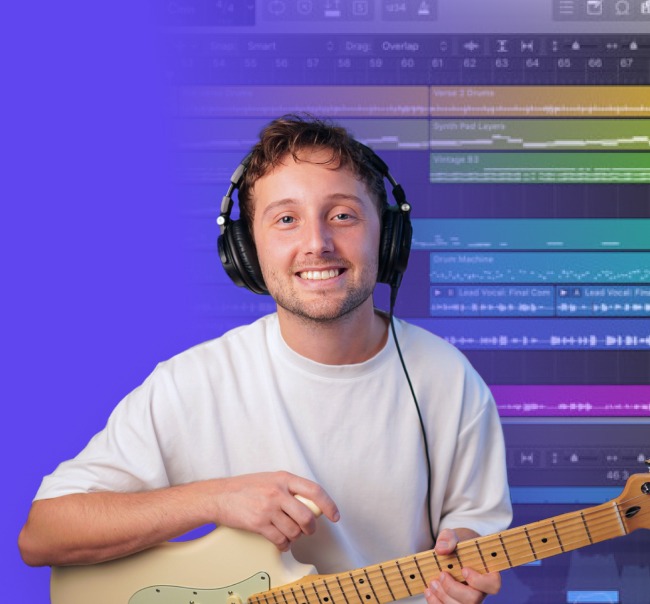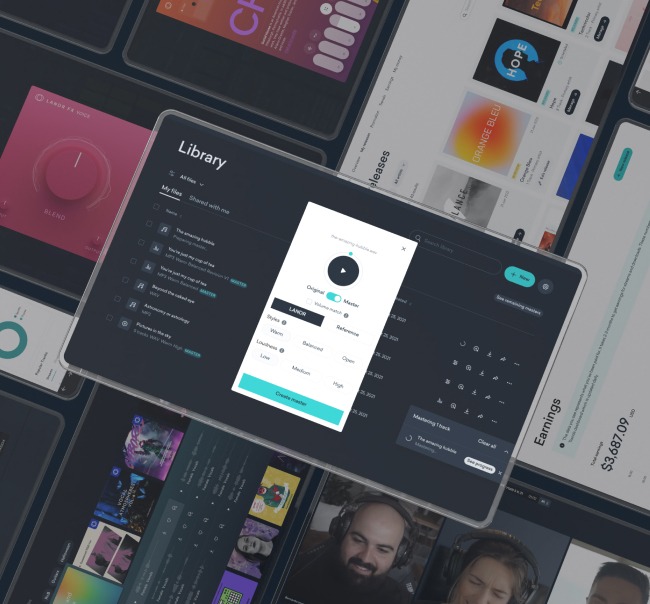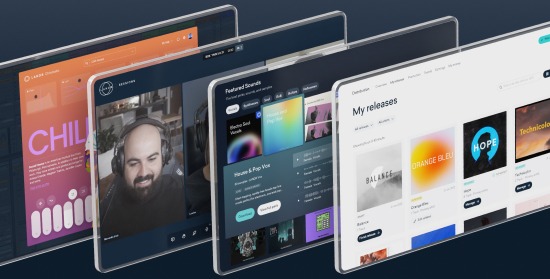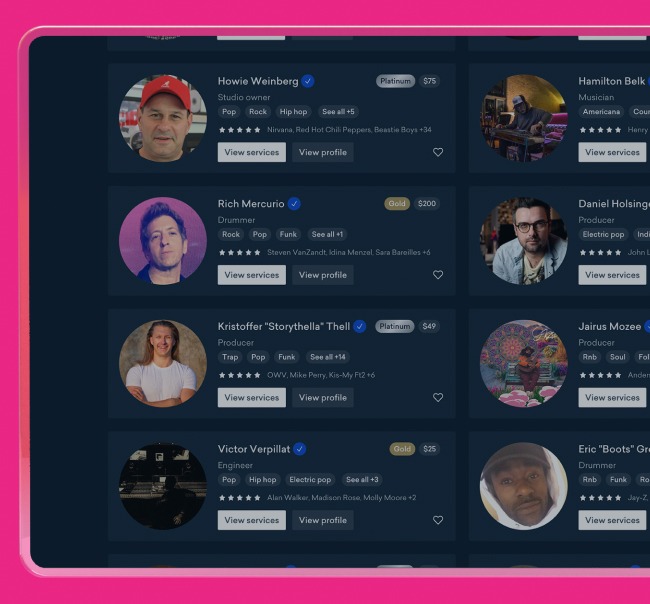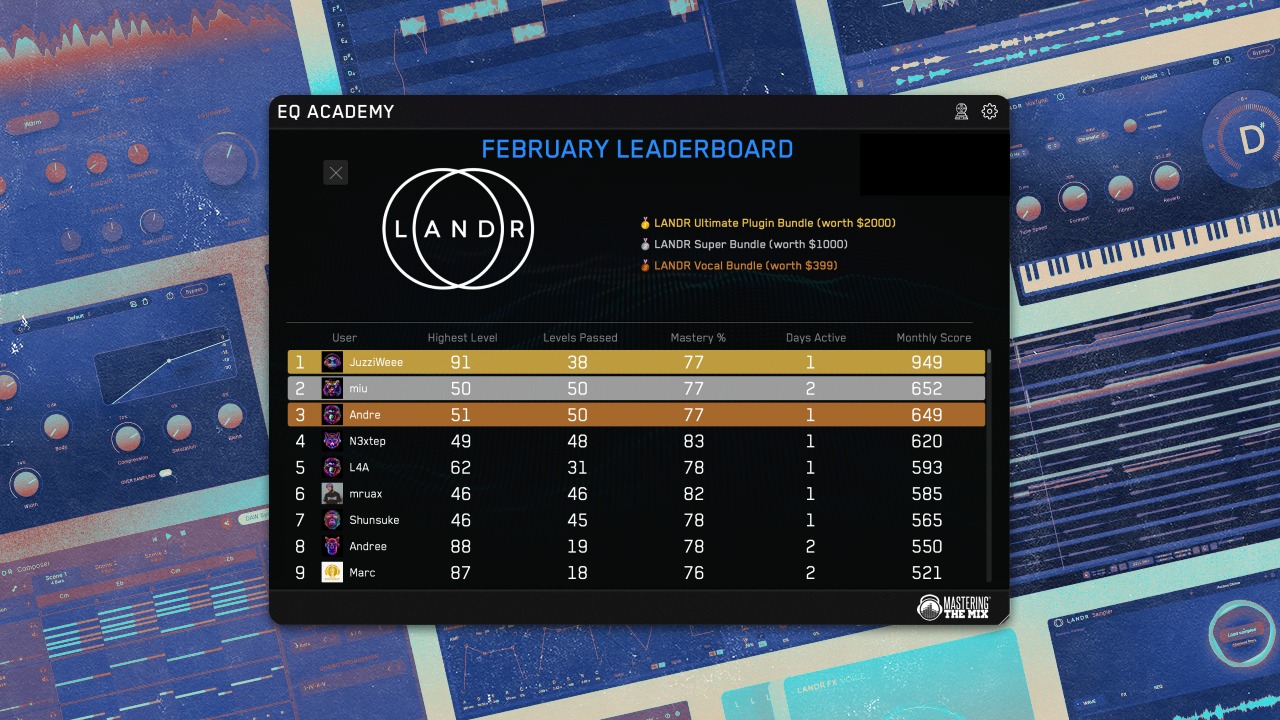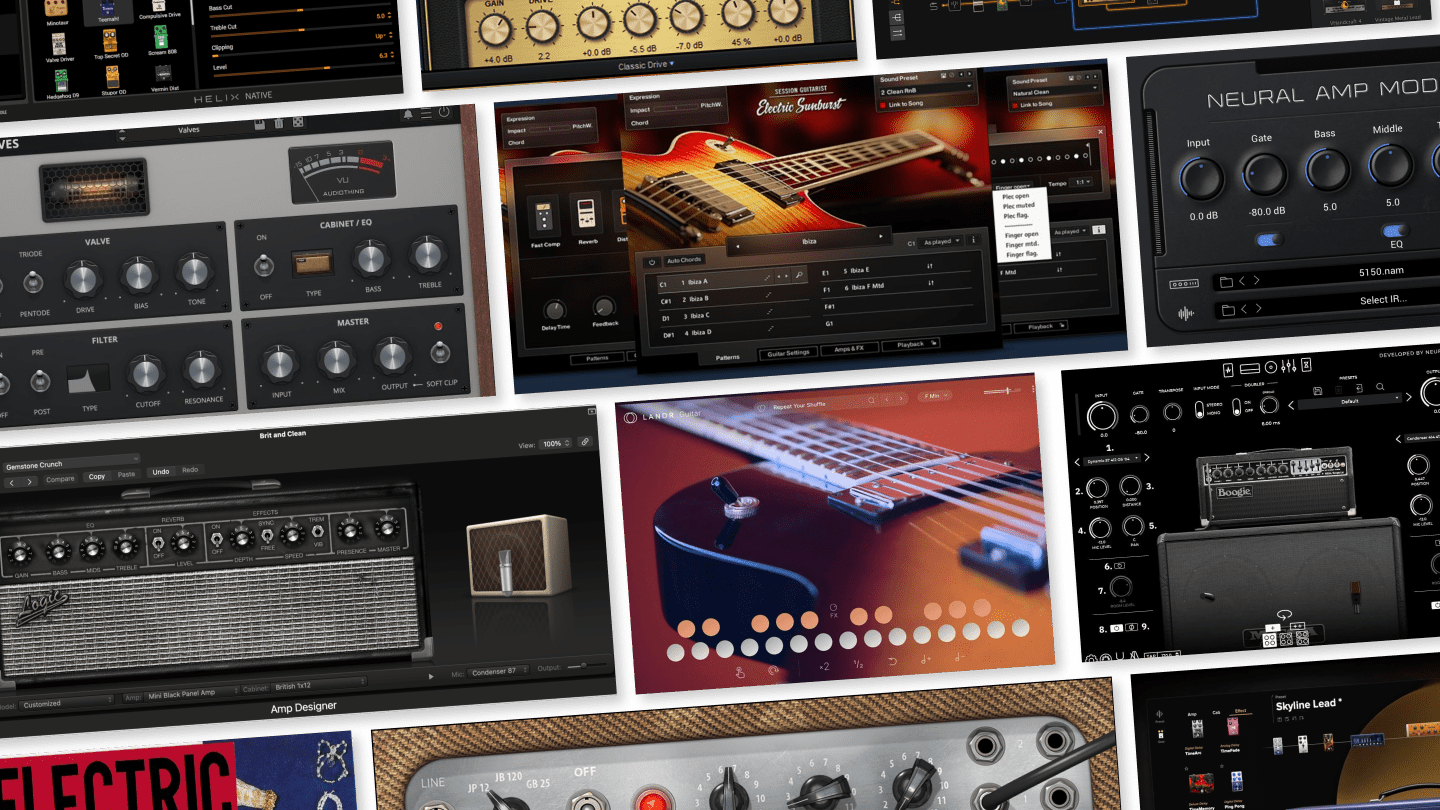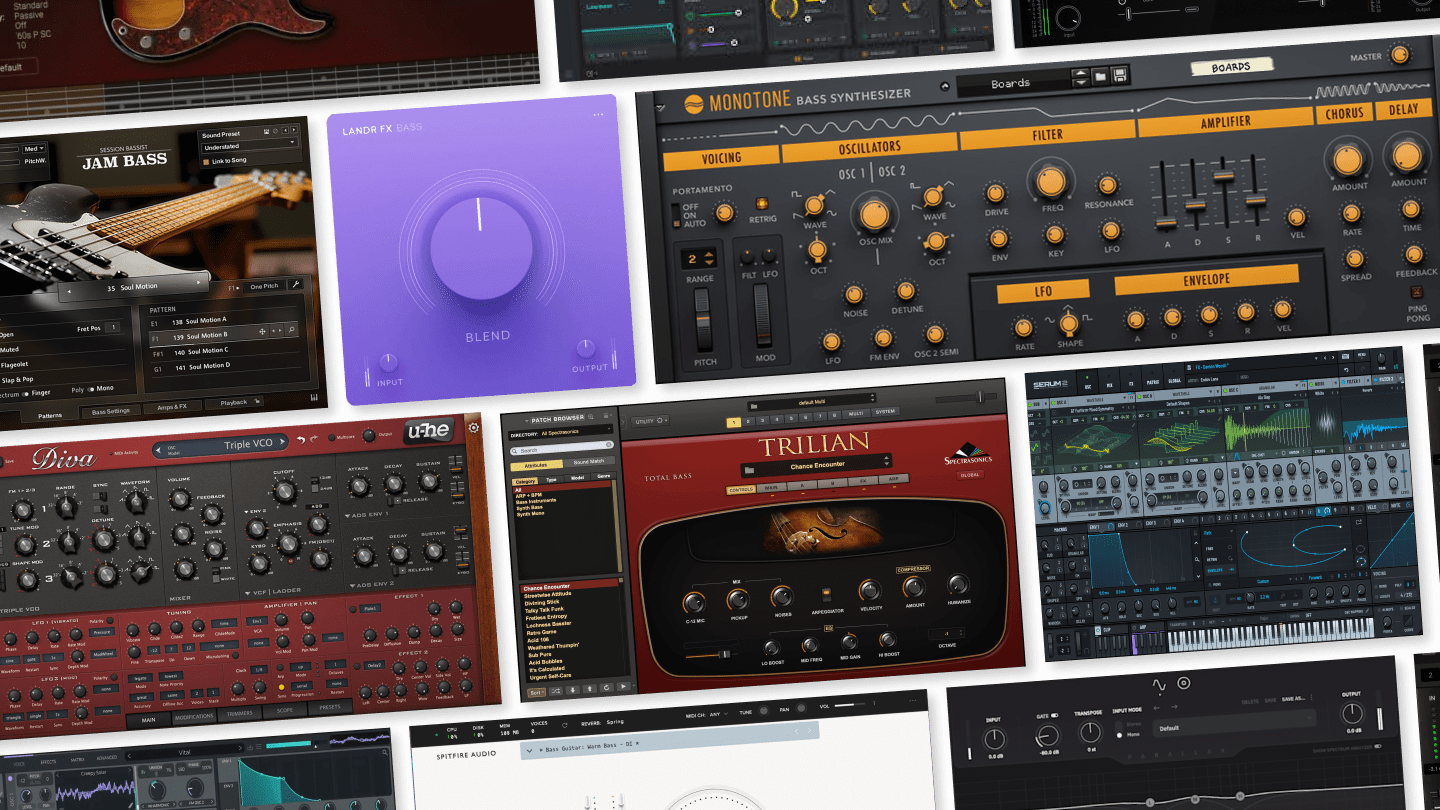
Ear Training Apps: The 8 Best Tools For Improving Your Listening Skills
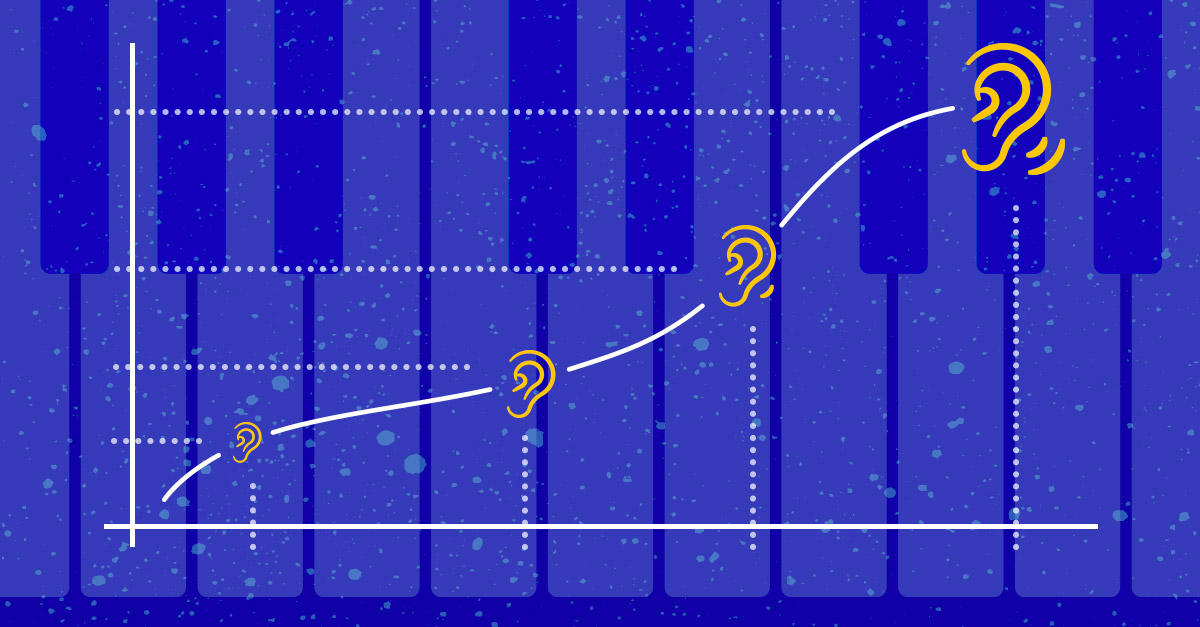
Your ears are your most important tools for making music. But without working on ear training, you`ll never develop them to their full potential.
Musicians, engineers, producers and DJs can all benefit from ear training. It’s helpful for anyone mixing music, learning music theory or writing songs.
Ear training is hard, unless you take the time to practice the right skills with the right tools.
You may think your ears are already good, but ear training isn’t just listening.
In this article you’ll learn what ear training is, 8 of the best ear training apps and the best ways to practice.
Theory guides, production tips, new free plugins, gear guides and more—delivered weekly
Keep up with the LANDR Blog.
What is ear training?
Ear training is the process of breaking down the elements of music into their simplest form and connecting them with the way we physically hear sound. Traditionally, ear training for musicians includes skills like identifying intervals, chord quality and chord progressions. Ear training for audio engineers typically includes identifying frequency ranges in Hz.
Why is ear training important?
Ear training is important because listening is a skill—Just like playing piano or knowing how to tweak your vocal chain.
For example, melodies are just a series of intervals. With intervals ear training, you can learn how to play a melody by ear.
Recognizing chord progressions by ear is a superpower too. Getting used to hearing common progressions with an ear training tool will change the way you think about writing songs.
Just like playing piano, or knowing how to tweak your vocal chain, listening is a skill.
For engineers, ear training can help you identify EQ ranges fast. Want more “point” in your kick? Or more “air” your vocal? Ear training helps you find the frequencies you need to get what you want.
The 8 best ear training apps for musicians and engineers
1. Tenuto
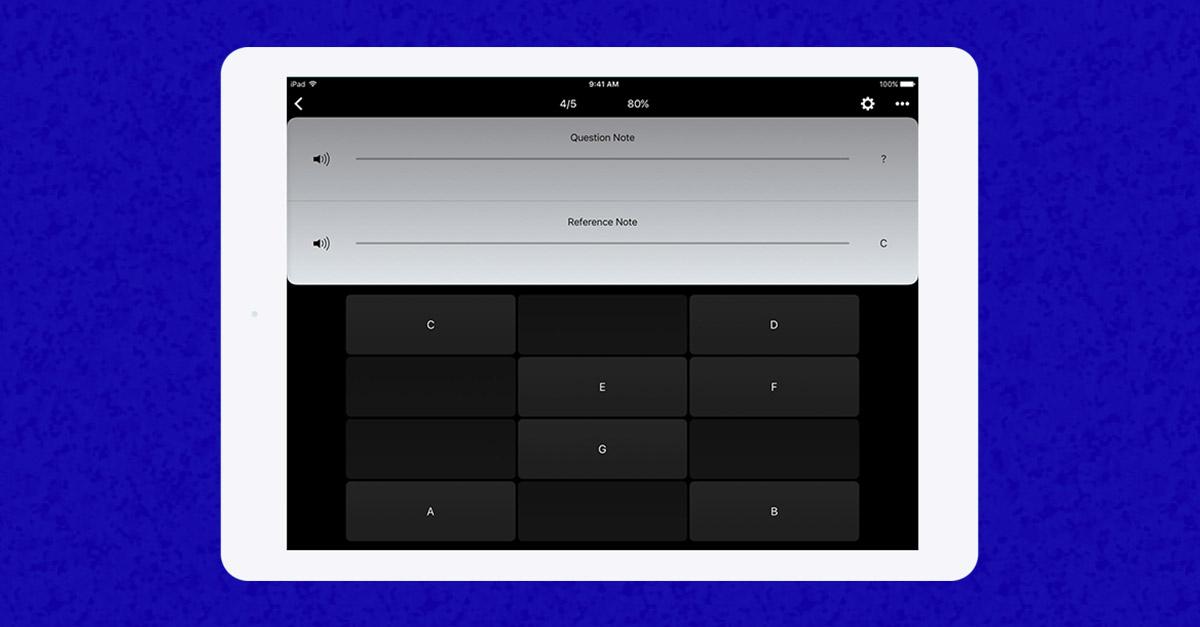
Tenuto is the app version of the already amazing tools on musictheory.net.
It’s visual guitar fretboard reference is super helpful for guitarists.
2. Teoria
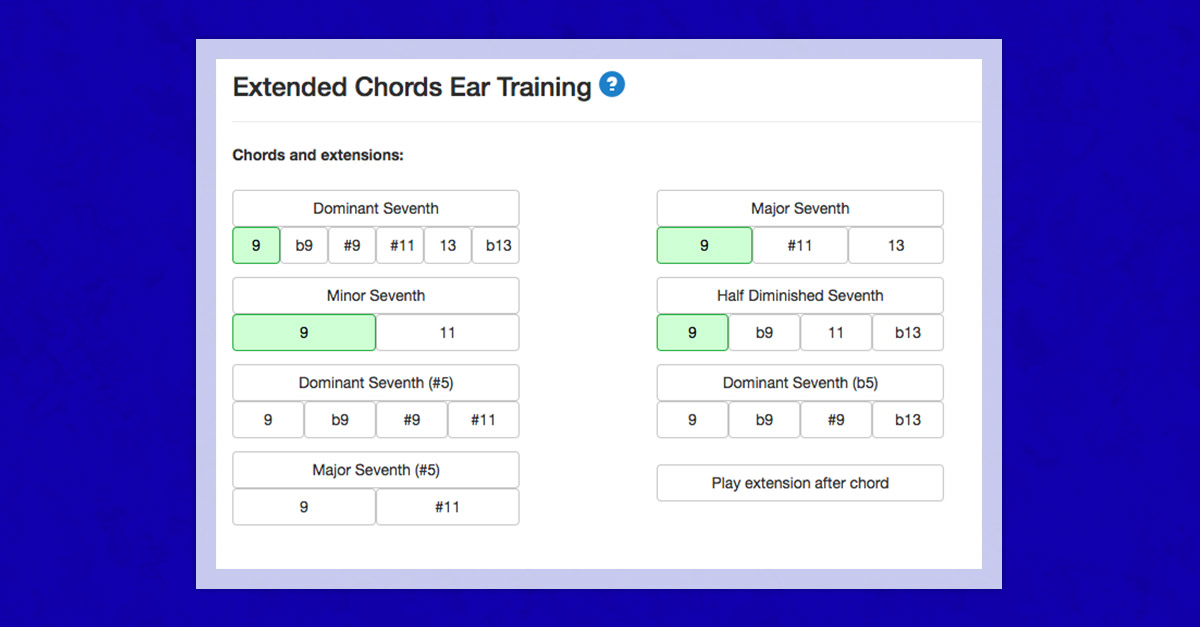
Teoria is a great free resource for ear training. It includes a tutorial and reference section.
The jazz ear training tests are fantastic for learning to identify tricky extended chords.
3. Good-Ear.com
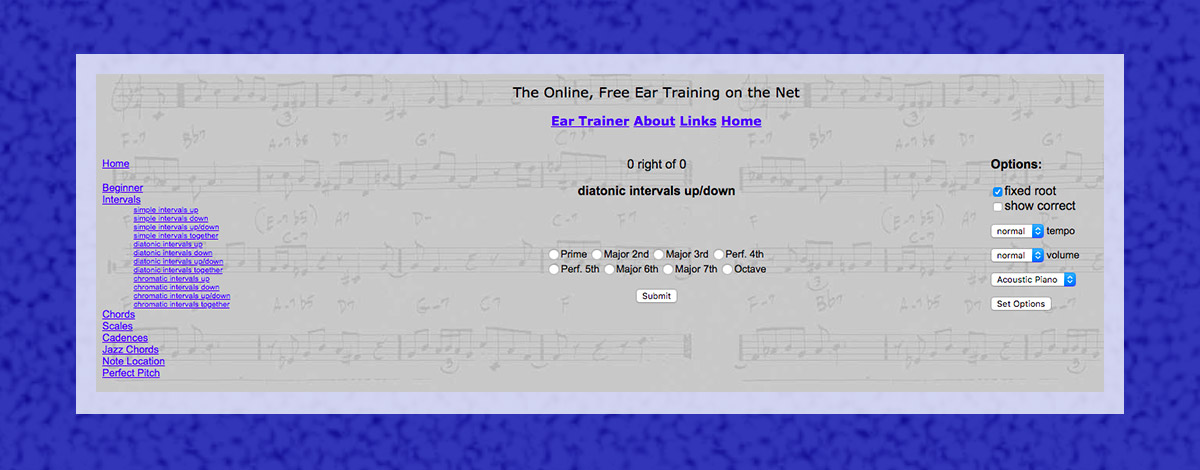
Sometimes it doesn’t have to be pretty to get the job done.
Good-Ears.com is an easy-to-use, free website (that looks like it came straight out of 1999) with great ear training tools.
4. EarMaster
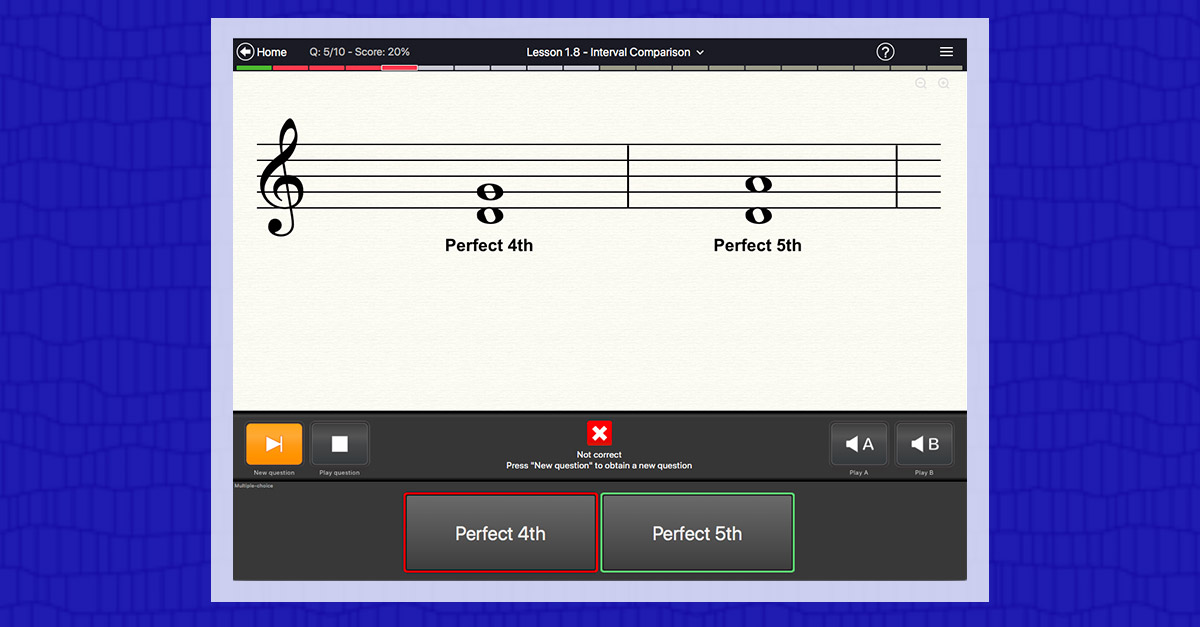
EarMaster has been around for a while (it’s currently on version 7) and it’s a total classic for a reason.
It integrates well into traditional musicianship teaching, making it perfect for music students.
5. Quiztones
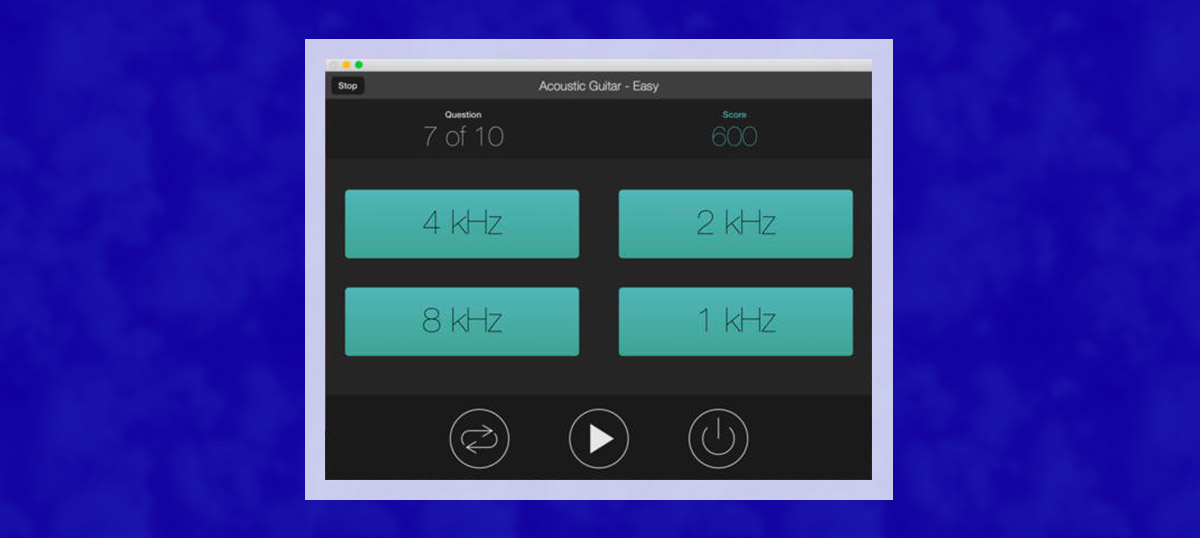
Quiztones has a simple interface with sleek design. It can quiz you on files from your own music library as well as common sources like drums, bass, guitar and vocals.
6. Soundgym
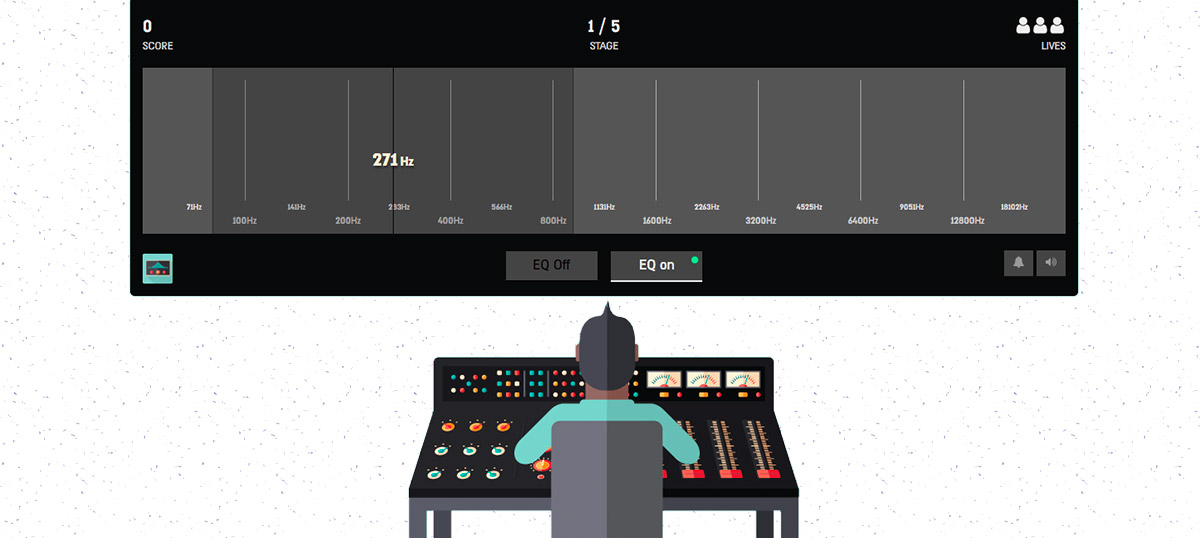
Soundgym offers a ton of ear training resources for engineers. You can quiz yourself on frequencies, EQ filter types, gain differences, sound location/stereo impression and more.
7. earPlugins
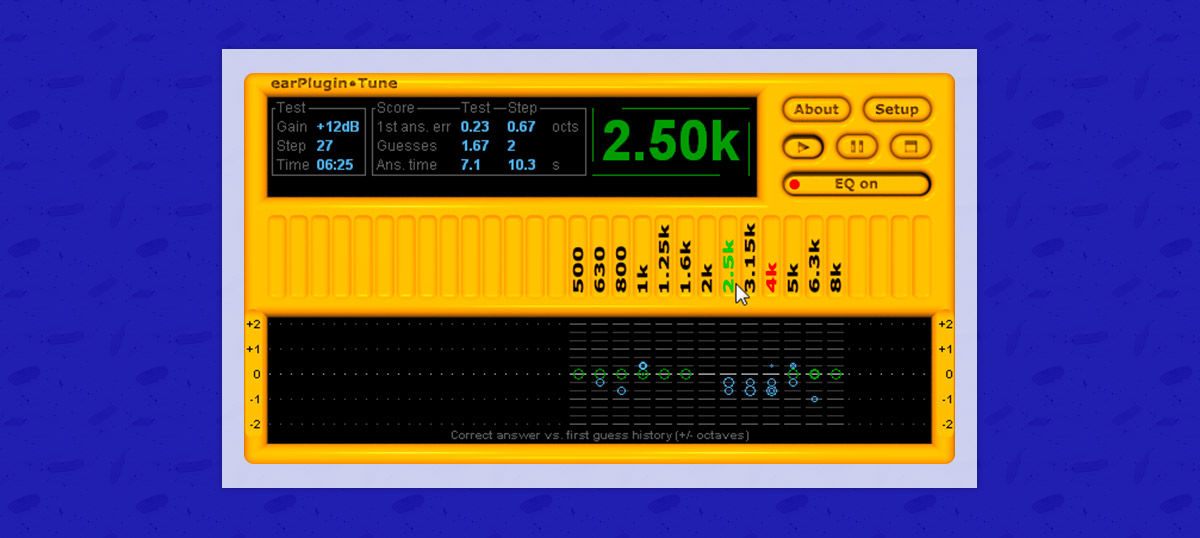
earPlugins is a great free VST plugin for frequency training. It lives inside your DAW so you can quiz yourself on frequencies right from your sessions.
8. TrainYourEars
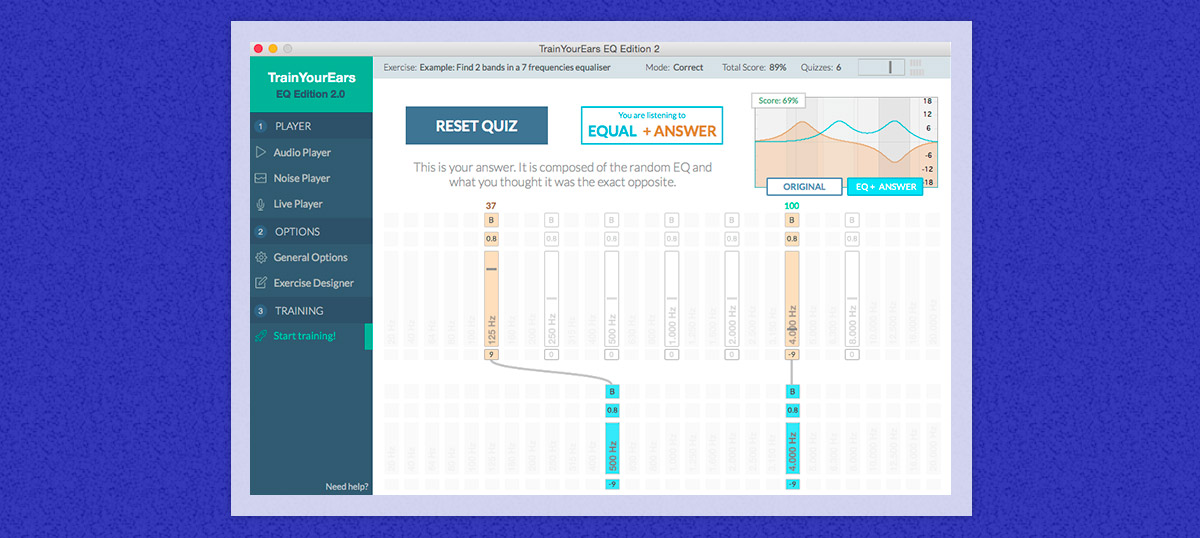
TrainYourEars has a cool feature that lets you learn to make EQ corrections instead of guessing affected frequencies. It can design custom training programs for you too.
Aural Skills
Ear training has huge benefits that you’ll notice right away.
It gives you the confidence to trust your ears over everything else. You need to know how to cut through the noise and shape your own sound.
Ear training gives you the confidence to trust your ears over everything else.
With ear training, every time you listen you learn.
So make the most of your listening habits and try the tools on this list to develop your listening skills—they’re all pretty fun to use.
Soon enough you’ll be addicted to working out your ears and hearing your music in ways you never thought you would.
Gear guides, tips, tutorials, inspiration and more—delivered weekly.
Keep up with the LANDR Blog.
